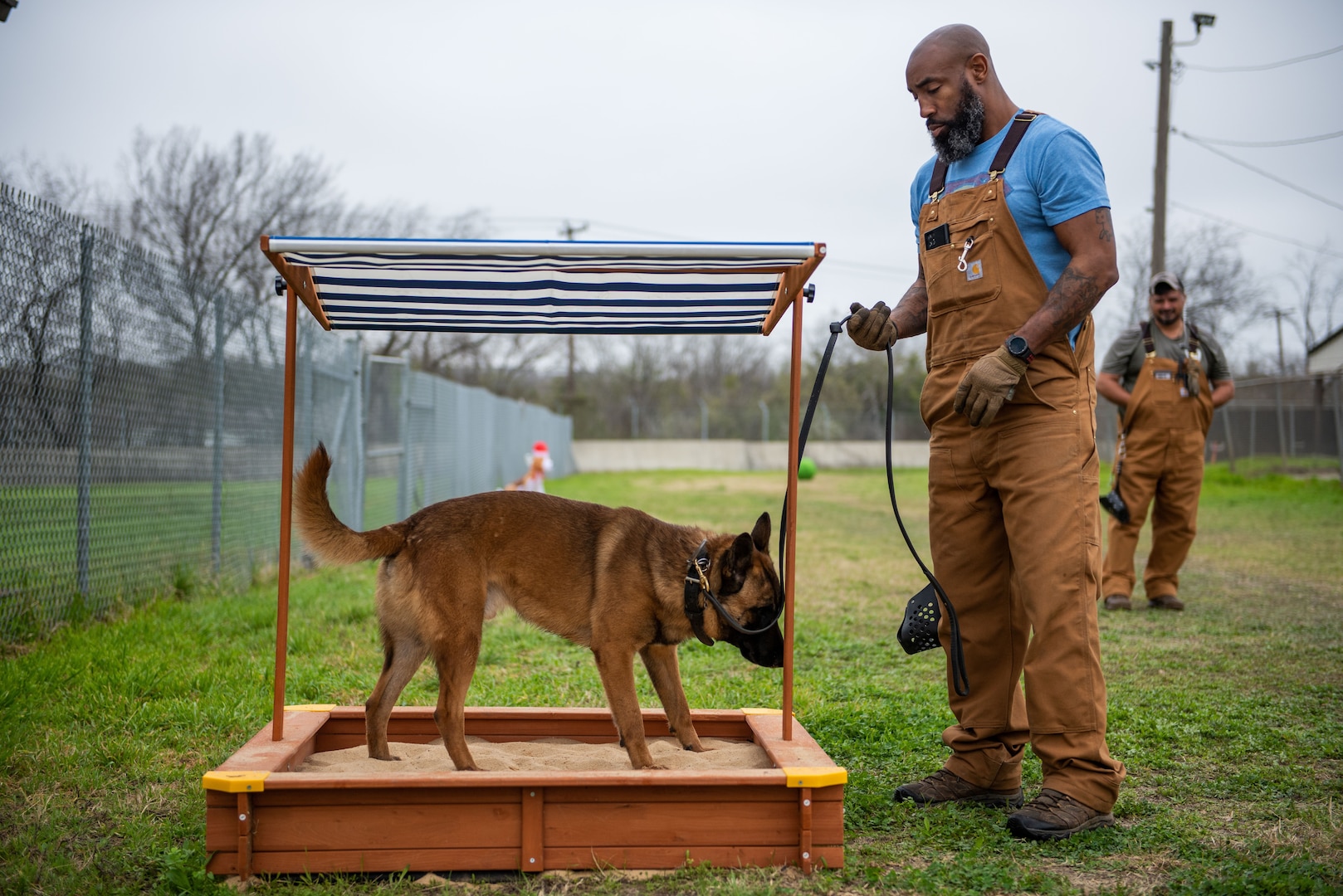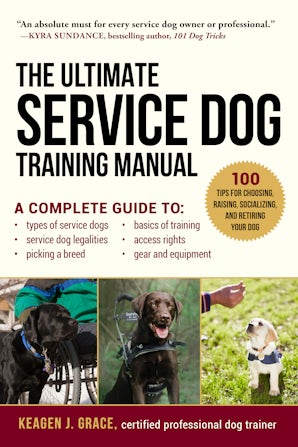Dog Training For Dogs: Practical Solutions for Usual Dog Issues
Dog Training For Dogs: Practical Solutions for Usual Dog Issues
Blog Article
Leading Pet Dog Educating Techniques for each Stage of Your Dog's Life
Reliable canine training is essential at every phase of a canine's life, as each phase offers one-of-a-kind obstacles and opportunities for growth. It is important to acknowledge that training should progress along with a dog's growth, guaranteeing that methods continue to be relevant and efficient.
Young Puppy Training Fundamentals
Puppy training fundamentals lay the groundwork for a mannerly grown-up pet dog and entail several essential elements that ought to not be overlooked. The first stage of training focuses on establishing a strong bond in between the pup and its proprietor, which is crucial for efficient interaction. Socializing is critical; revealing puppies to numerous atmospheres, people, and various other pets assists them develop self-confidence and versatility, minimizing the probability of behavioral concerns later in life.
Standard commands, such as sit, stay, and come, create the foundation of obedience training. Making use of positive reinforcement strategies, such as treats and appreciation, encourages desired actions and promotes a favorable knowing experience. Consistency in commands and training sessions is essential, as young puppies thrive on routine and framework.
In addition, residence training is a necessary element of pup training. Establishing a normal schedule for shower room breaks and using marked areas can aid reduce mishaps and promote excellent practices. On the whole, an all-around technique to puppy training, integrating socialization, residence, and obedience training, establishes the phase for a well-adjusted grown-up dog, making certain a harmonious connection in between the pet dog and its owner.
Teen Actions Monitoring
As puppies develop right into adolescents, their habits can alter dramatically, typically presenting new difficulties for proprietors. This developmental stage, typically happening in between six months and two years, is noted by heightened energy degrees, curiosity, and a growing feeling of freedom. Comprehending these adjustments is crucial for reliable behavior management.
Adolescents may exhibit rebellious propensities, such as disregarding commands they formerly understood or involving in destructive behaviors. Uniformity in training continues to be paramount; strengthening learned behaviors via favorable support can help counteract these challenges. Brief, interesting training sessions are essential to maintain their passion and emphasis.

Furthermore, developing an organized routine can dramatically enhance an adolescent canine's sense of safety. Normal exercise is vital to direct their power positively, decreasing the possibility of unfavorable habits. By using these strategies, owners can efficiently navigate the complexities of teenage behavior, cultivating a well-adjusted, pleased canine friend.
Grown-up Canine Obedience Methods

Favorable support stays an essential method; gratifying etiquette with treats, praise, or play encourages conformity. Uniformity is essential; the exact same commands and incentives should be utilized by all household members to prevent complication.
Incorporating training into day-to-day regimens can also work. Practice commands throughout strolls or meal times, permitting training to blend effortlessly into daily life. Participating in structured activities, like dexterity courses or obedience courses, can further boost a dog's abilities while giving valuable socializing possibilities.
It is important to recognize that grown-up pets might additionally display stubbornness or complacency. Changing training methods to maintain their interest, such as differing incentives or presenting new commands, can help other sustain inspiration. On the whole, a recurring dedication to obedience training will foster a balanced and mannerly grown-up canine.
Senior Pet Adjustment Techniques
Recognizing the one-of-a-kind demands of elderly canines is vital for guaranteeing their comfort and well-being. As pets age, they might experience a decline in movement, vision, and cognitive feature, demanding tailored adaptation approaches.
First, take into consideration changing the living atmosphere. Make sure that the home is risk-free and available; eliminate obstacles and offer non-slip surfaces to stop drops. In addition, think about using ramps or steps to aid them access their preferred rooms.
Second of all, exercise needs to be gotten used to account for lowered endurance her latest blog and joint health (Dog Training For Dogs). Participate in shorter, extra regular strolls, and incorporate gentle tasks like swimming, which can be helpful for arthritic joints
In addition, mental excitement remains important. Usage easy problem playthings or involve in scent work to maintain their minds sharp, while avoiding frustrating jobs that may irritate them.
Finally, regular veterinary exams are important to check wellness changes and adjust care routines as necessary. By implementing these adaptation strategies, you can enhance the quality of life for your senior canine, ensuring they age gracefully and conveniently.
Lifelong Knowing and Enrichment
While pet dogs of any ages gain from learning and mental excitement, long-lasting enrichment is specifically crucial for preserving cognitive health and wellness and emotional well-being in both senior and more youthful pet dogs. Engaging activities not just boost a pet dog's high quality of life however also strengthen the bond in between the pet dog and its owner.
Enrichment can take various kinds, consisting of interactive playthings, challenge feeders, and scent job, which promote a pet dog's senses and urge analytic. Routine training sessions, integrating brand-new commands or tricks, keeps their minds sharp and advertises a sense of accomplishment. Socialization with other dogs and people is equally crucial, as it assists stop behavior problems and fosters versatility.
Additionally, including workout into a dog's regimen is vital for overall health and wellness. Activities like dexterity go to this website training, fetch, or long strolls offer both physical and mental excitement, making sure canines continue to be pleased and involved.
Lastly, take into consideration varying the setting by introducing brand-new locations for strolls or playdates. This modification can reignite a dog's interest and enthusiasm for exploration. Long-lasting discovering and enrichment not only add to a fulfilling life yet also advertise an unified connection with your canine friend.
Conclusion
Efficient pet training methods advance throughout a canine's life, attending to the unique requirements of each developing stage. From establishing fundamental skills in puppies to handling teenage behaviors, strengthening obedience in grownups, and adjusting methods for seniors, a detailed technique ensures optimal communication and actions. Emphasizing routine psychological excitement, socializing, and exercise cultivates a well balanced and satisfying life for pet dogs. Inevitably, regular application of these strategies adds to an unified relationship in between dogs and their human companions.
Efficient pet dog training is necessary at every phase of a pet dog's life, as each phase presents unique challenges and possibilities for development.Puppy training fundamentals lay the groundwork for a well-behaved grown-up pet and include a number of essential components that should not be overlooked. Overall, an all-around approach to puppy training, including socializing, obedience, and house training, sets the stage for a well-adjusted grown-up canine, ensuring a harmonious partnership between the animal and its proprietor.
Several pet dog owners may find that grown-up canines, while usually more secure in habits than their adolescent equivalents, still need constant training to maintain obedience and great manners.Effective pet dog training techniques progress throughout a canine's life, resolving the distinct demands of each developmental phase.
Report this page